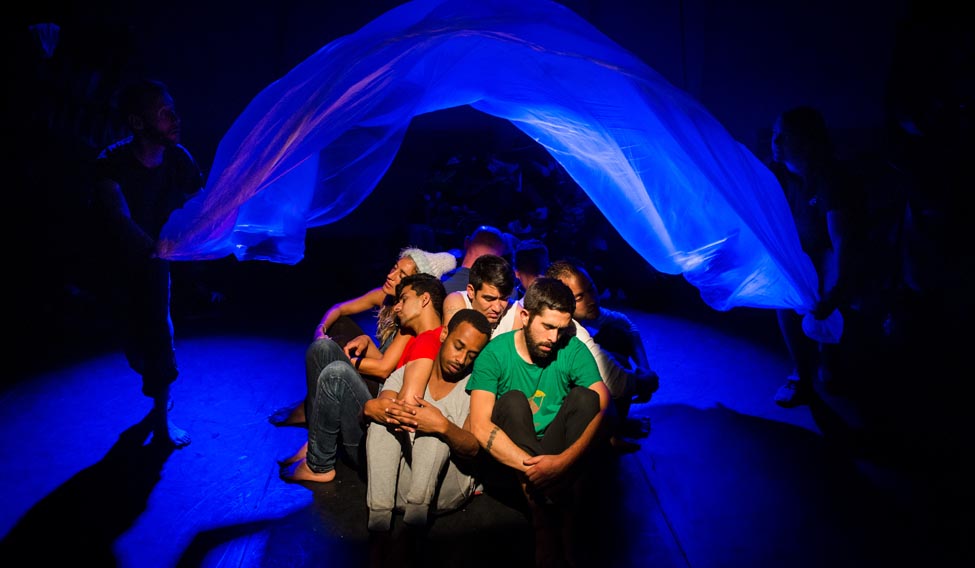The International Theatre Festival of Kerala (IFToK) returns on January 20, with its usual contingent of thought provoking and visually unique theatre presentations. In its tenth year, the theme of the festival is 'Reclaiming the Margins'. The curators, theatre directors M.K. Raina, Rajiv Krishnan, and academician S. Sunil Kumar, have selected plays that not only focus on expressing marginal voices and spaces, but also challenge established theatrical norms and styles.
Through this festival, the curators hope to highlight the power of the margins as a space for collective reflection, enabling new ideas to germinate. They say their curatorial choices have been guided by “the provocative and reflective” rather than that of “easily consumable entertainment”.
“Our hope is that audience will question, reflect and participate in turn and go beyond simply receiving the performances,” according to a statement. The festival is divided into three sections, national, international and regional.
A number of plays reflect real life experiences. For instance, the Iranian production Manus narrates the harrowing lives of Iranian refugees sent to the infamous Manus detention camp. Zig Zag, from Egypt, recounts an incident of plunder of an Egyptian village and the rape of its women by British soldiers, over a century ago. Samajswasthya, from Pune, is inspired by the story of a social reformer who was taken to court by the government on charges of obscenity.
Apart from refugees and victims of rape, the themes also deal with detainees, children of sex workers (kranti), victims of state control, violence and intolerance. There are feminist outpourings (Womb Of Fire, Mundo Mozart, Akshayambara), pieces that refer to memory, history and the aftermath of war (Bad City, Silence, Borderline, Manus, Palestine—Year Zero, Zig Zag, Khol Do), caste (Outcaste, Transformation), identity (My Body Welsh, Voiceless, The Malay Man And His Chinese Father, Still In Paradise, The Power Of Lullaby), philosophy (Love And Life, Ekantham, Nidravathwam, Queen Size) and the environment (Randu Muri, Addukala, Thinna; The Green Man). Biographies (Man Of The Heart, Samajswasthya) and theatres of protest (Nerves, Walk, Walk South Africa, Red Light Express) are also included. A lot of plays this year explore questions of identity.
Occasionally, the actors have actually lived the experiences before bringing them to the stage; for instance, actors of Borderline, who were forced to flee their country and the performers of Kranti, who are the children of sex workers from Mumbai’s red light district.
The styles of presentation vary too. You have the verbatim, documentary, physical theatre styles, as well as clowning, puppet, street theatre, audio- visual presentations and sound explorations.
The festival also features several allied events like panel discussions, artist interactions, workshops, concerts and traditional performances.
The countries that are participating in the international section are Poland, UK, Iran, Chile, Palestine, Spain, South Africa, Singapore, Switzerland, Egypt, Georgia and Sri Lanka, while the national section has presentations from Bangalore, Kolkotta, Delhi, Manipur, Mumbai, Patna, Pondicherry and Pune. The regional segment highlights theatre from Thrissur, Kollam & Wayanad, in Kerala.
The festival draws to a close on January 29.



